AUGUSTA — More than 1,600 private water wells were tested in Maine last year for PFAS contamination and just more than 75% were found to be safe for water consumption, state officials said Wednesday.
The state has nearly completed an initial round of testing at priority sites statewide and has begun a second round of groundwater testing at hundreds of other locations, according to Tracy Kelly, PFAS public service coordinator with the Maine Department of Environmental Protection.
State regulators found that about three-fourths of the sites tested last year had chemical levels below the state drinking water standard of 20 parts per trillion.
The test results were provided during a PFAS panel discussion held at the Augusta Civic Center as part of the Maine Agricultural Trades Show. Besides the DEP, other state agencies participated in the discussion, including the Maine Board of Pesticides Control and the Maine Department of Agriculture, Conservation and Forestry.
The discussion was followed by a public hearing hosted by the PFAS Fund Advisory Committee. The Legislature allocated $60 million to the fund last year to help farmers affected by the contamination and created the committee to guide spending.

Serene Hart, who said her family raised beef cattle in Lisbon Falls, speaks Wednesday during a public hearing held by the PFAS Fund Advisory Committee at the Augusta Civic Center. Joe Phelan/Kennebec Journal
Fourteen people spoke during the hearing, and they emphasized the immediate challenges farmers are facing and the need for quick action to help those affected.

Tracy Kelly, PFAS public service coordinator for the Maine Department of Environmental Protection’s Bureau of Remediation and Waste Management, speaks Wednesday during a public hearing at the Augusta Civic Center. Joe Phelan/Kennebec Journal
Jim Hilton, a dairy farmer in Norridgewock, said the testing process can mean a difficult waiting period for farmers. His farm was previously tested for PFAS, and he was told no milk could leave his farm until the tests came back. That meant he “had to dump 34,000 pounds of milk every other day for a week” until results showed the milk was fine to consume. In Hilton’s case, the farm co-op covered the cost of the lost milk, but it was a stressful period.
“I’m glad the state stepped forward with this fund and you’re trying to figure out how to spend it. That’s all good, but it’s been a little nerve-racking when you get a call Monday morning that no more milk goes on the truck until the tests come back,” Hilton said.
An organic dairy farmer in Fairfield, Egide Dostie, said there were steep costs when his family farm found that their land and dairy cows were contaminated. Even though their milk is safe now, they will still likely have to close this spring.
Sludge was spread on the land back in the 1990s, Dostie said, before the family had purchased the land. Although further testing meant they were able to get safe levels of PFAS in the cows and dairy, they can’t use 150 acres of pasture, because the soil is contaminated.
“I’ve lost my livelihood which I love, my children’s future that we had planned and has been our dream,” Dostie said. “We sincerely request your support and help us recover from this devastating loss due to PFAS contamination, which was not our doing in any way and is causing us to close down.”
PFAS, or per- and poly-fluoroalkyl substances, are a group of synthetic chemicals created in the 1940s. Used in a wide variety of consumer goods, the chemicals have been linked to numerous health impacts. Additionally, the chemicals don’t break down in the body or the environment, earning them the nickname “forever chemicals.”
Heather Spalding, deputy director and senior policy director at the Maine Organic Farmers and Gardeners Association, said as the association has administered aid to farmers, it has become clear that fast action is key to helping farms survive.
“We have heard from farmers that if we hadn’t acted quickly, they would have been out of business,” Spalding said.
Authorities are still trying to understand the scale of the contamination in the state. The Maine Department of Corrections released a statement Wednesday saying PFAS levels were above state standards at three of five wells at the Mountain View Correctional Facility in the Penobscot County town of Charleston. More than 300 men are incarcerated there.
“As a result, the affected water will not be used for consumption, effective immediately,” department officials said, explaining that “alternative water sources will be provided free to staff and residents for drinking and cooking.”
Send questions/comments to the editors.


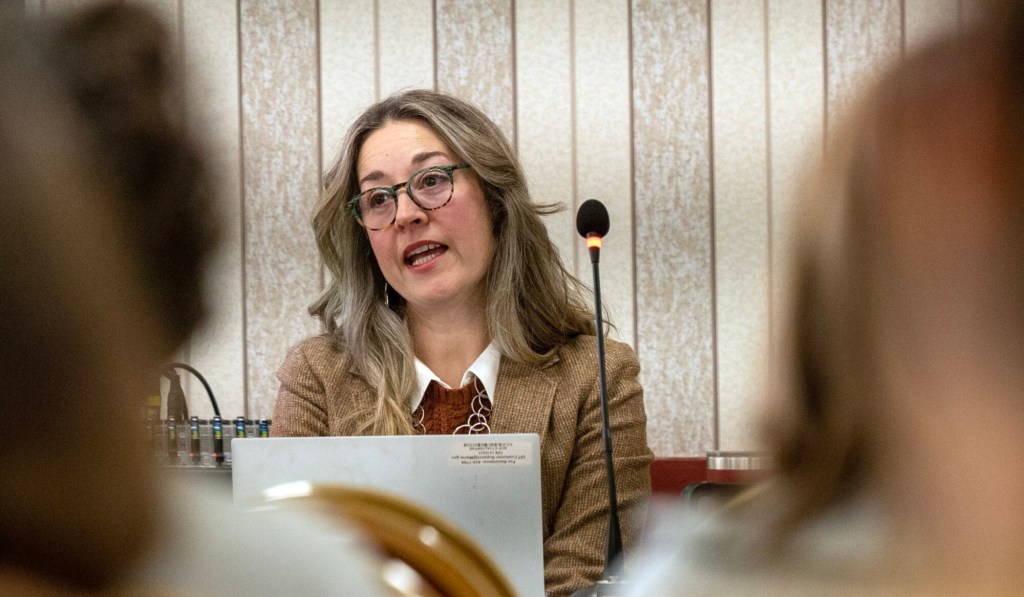

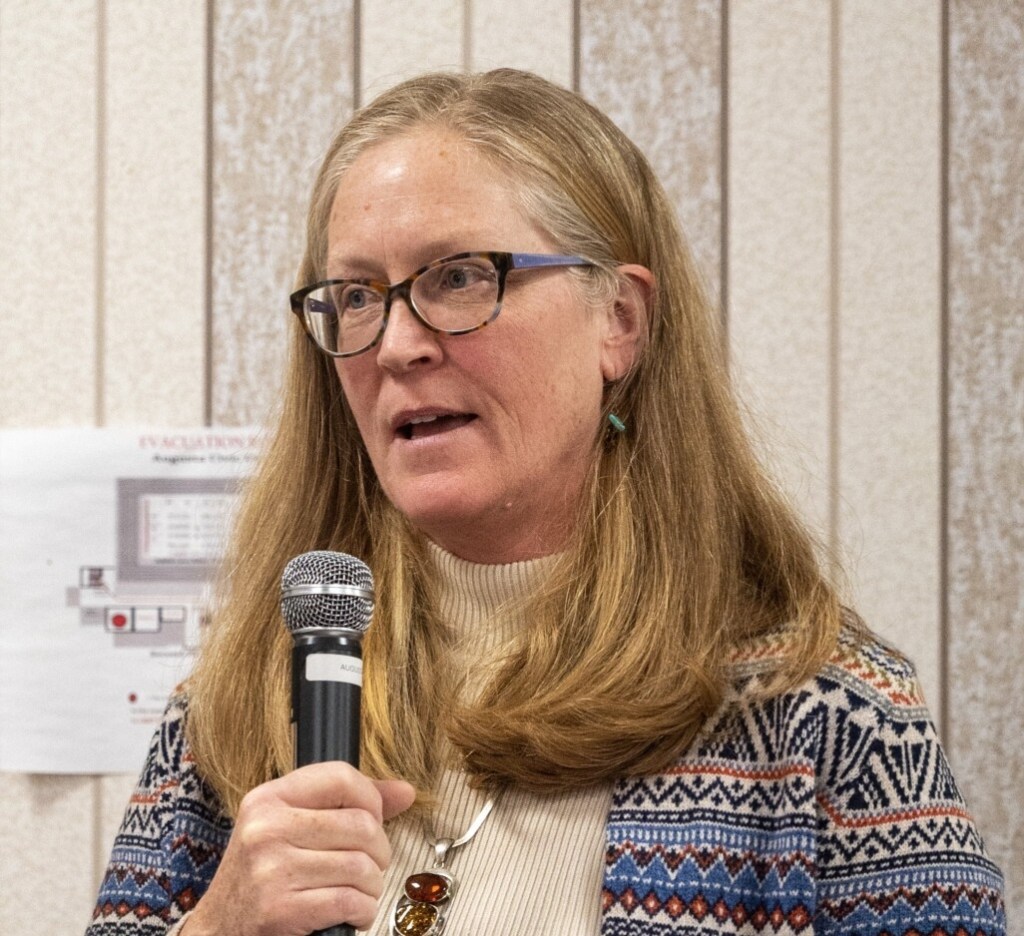
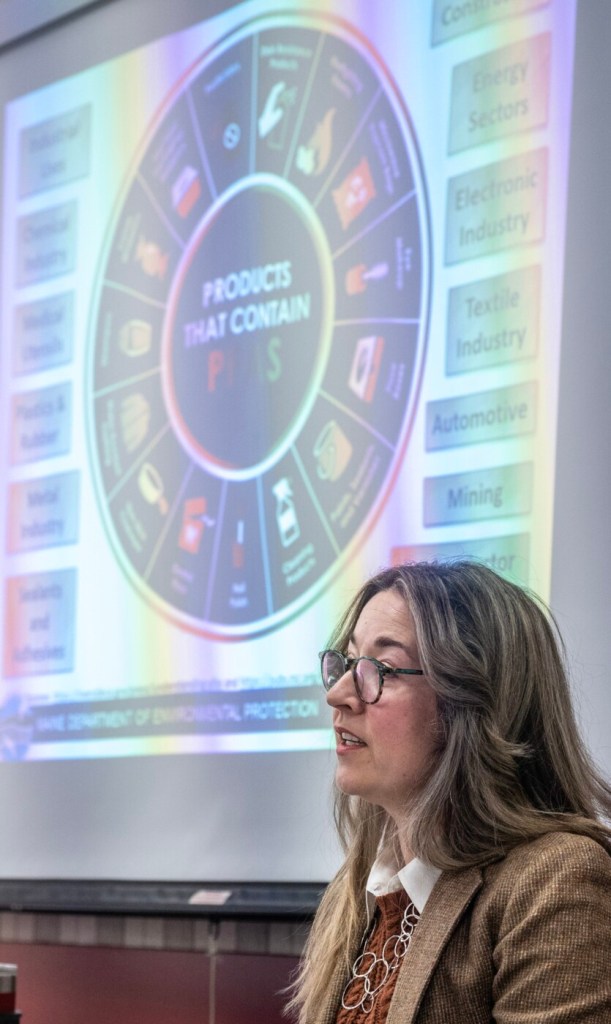
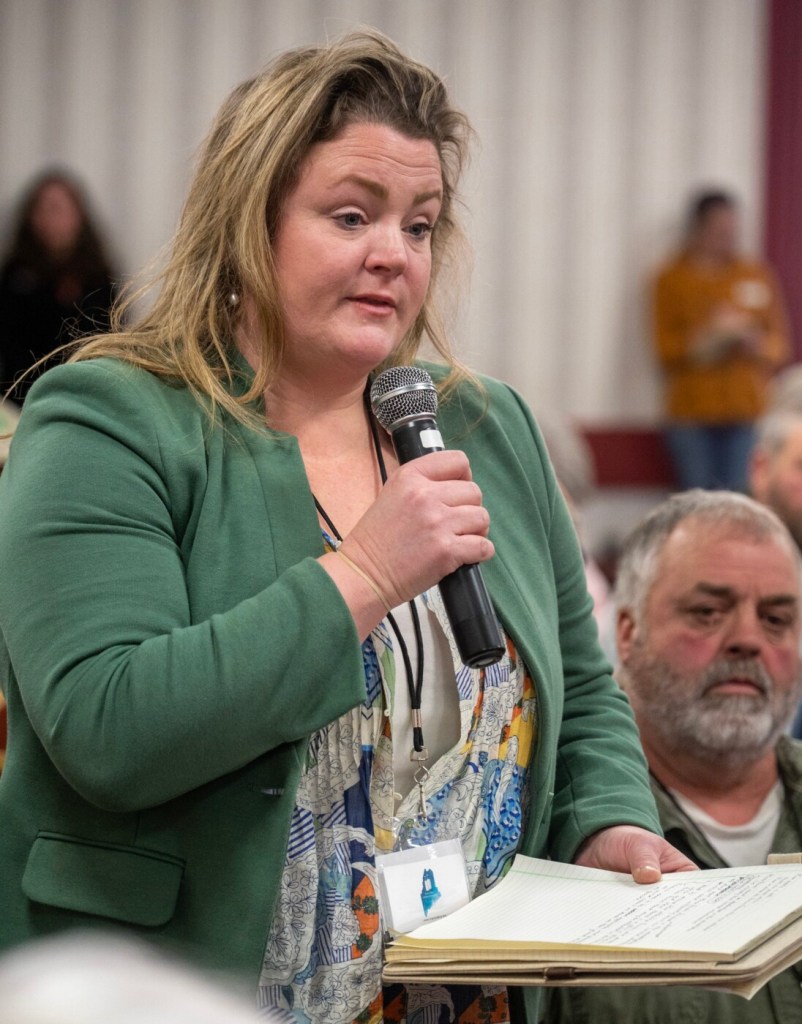
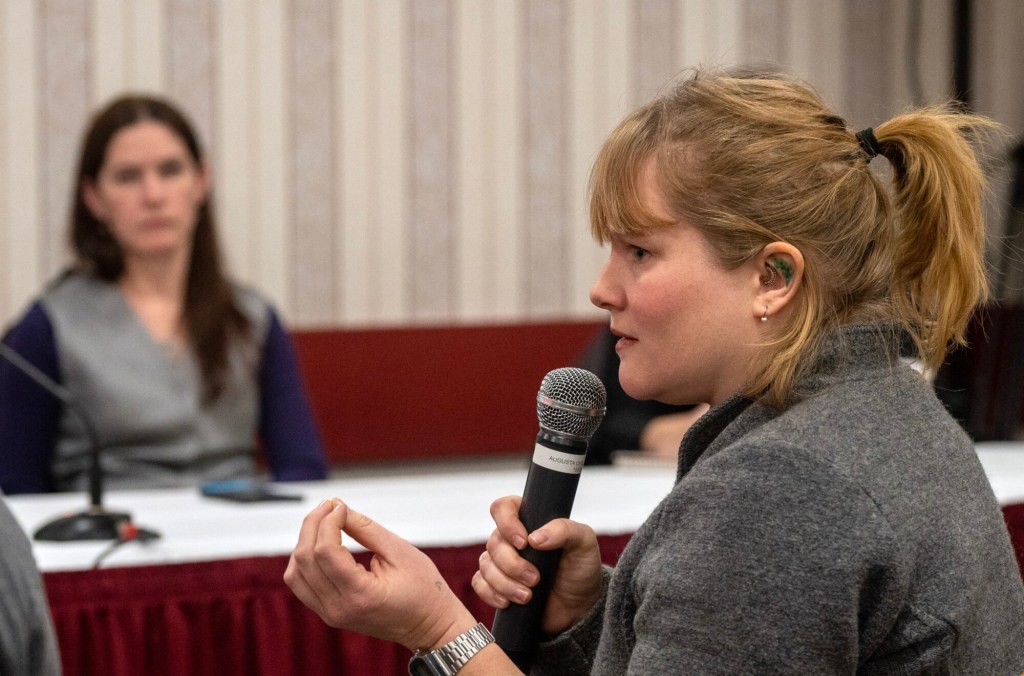

Comments are no longer available on this story